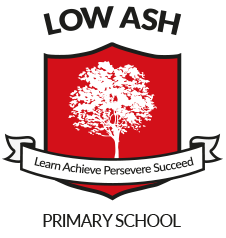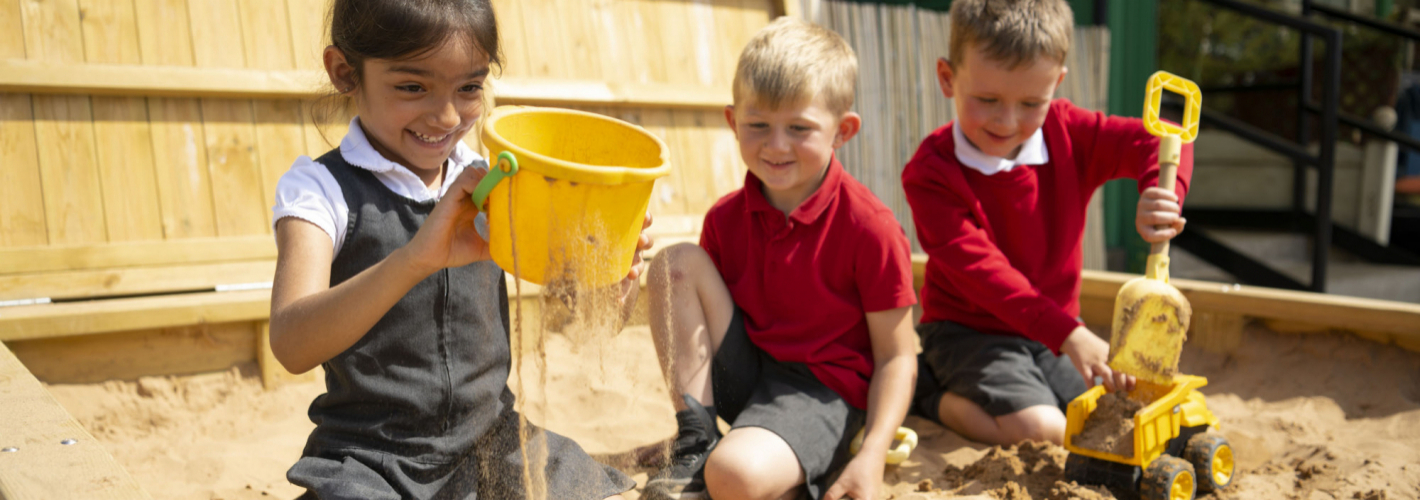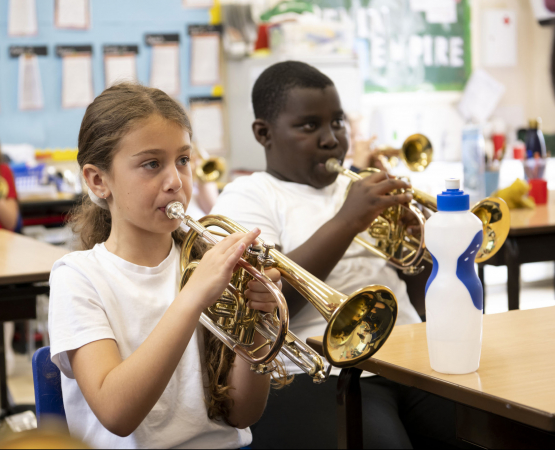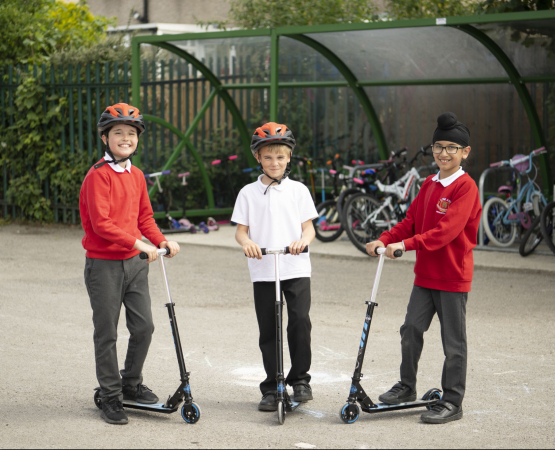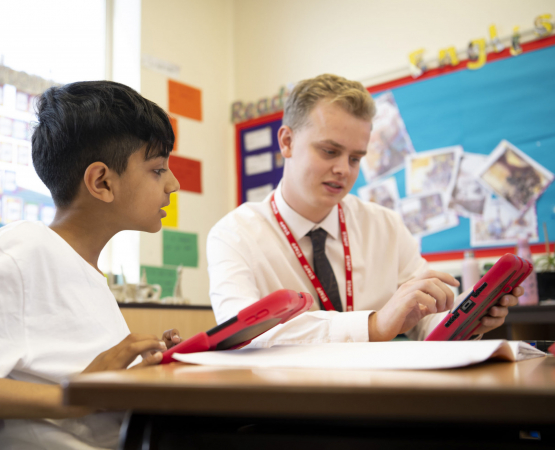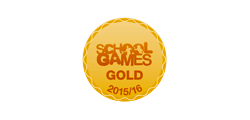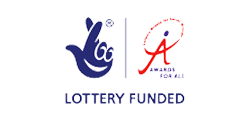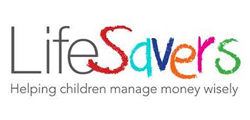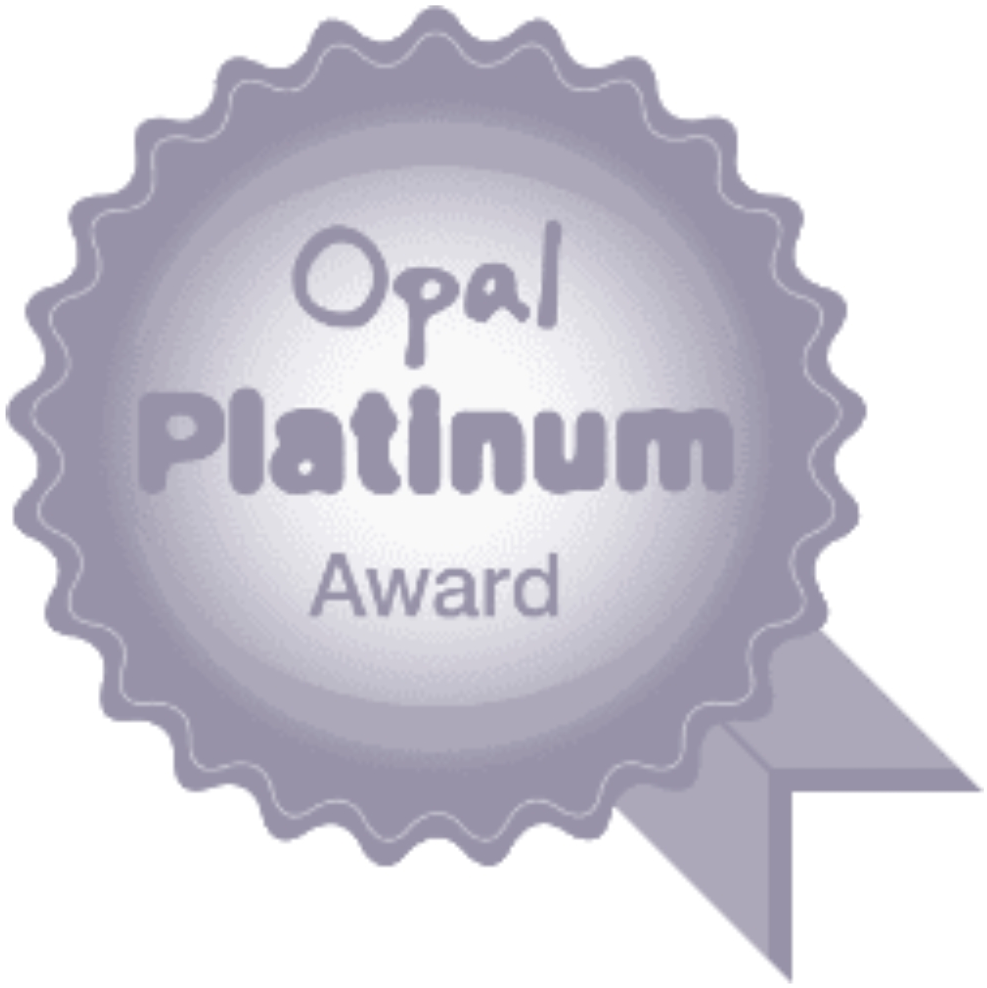SMSC
What do we want to achieve with our SMSC curriculum?
We show respect for ourselves, others and the world around us. We are a safe, supportive community of inspired, resilient, life-long learners, with a spirit of curiosity, where every individual is provided with the opportunity to flourish and achieve in our ever-changing world.
We want Low Ash pupils to ‘be the best that they can be’.
SMSC is the term used to describe Spiritual, Moral, Social and Cultural development. The SMSC curriculum can be described as the “hidden curriculum” at the heart of school life and, in essence, is the living out of our school vision. It is all the things that we do at Low Ash Primary to develop our children’s spiritual, moral, social and cultural understanding. It is not taught as a discrete lesson, yet it informs all aspects of our wider curriculum offer and influences the children’s day-to-day experience of life in our school family.
We want our children to become confident, respectful, and well-rounded young people who are able to fully embrace the opportunities which will be available to them in secondary school and beyond. We recognise that all children need to develop spiritually, morally, socially and culturally in order to be successful and content young adults who can make sense of the world around them.
Our engaging curriculum helps our children to develop an informed and balanced view on world events and the beliefs and values of others. We endeavour to prepare our children for their future by becoming respectful individuals, life-long learners and active citizens in a modern British society. SMSC is now highlighted by the government as a key means of promoting British Values and creating well rounded individuals who can contribute towards a modern Britain.
SMSC OVERVIEW
We recognise that the personal development of children, spiritually, morally, socially and culturally, plays a significant part in their ability to learn, achieve and ultimately to flourish. We want to give each child the opportunity to explore social and moral issues, to develop a sense of social and moral responsibility and to appreciate British Values. Below is an overview of some of the ways in which we develop SMSC education at our school. Although we have created four distinct lists, many of these opportunities actually encompass more than one aspect of SMSC.
Spiritual development is shown by pupils’:
- beliefs, religious or otherwise, which inform their perspective on life and their interest in and respect for different people’s feelings and values
- sense of enjoyment and fascination in learning about themselves, others and the world around them, including the intangible
- use of imagination and creativity in their learning
- willingness to reflect on their experiences
This element focuses on children developing their own personal values, principles, and beliefs which they use to inform their perspectives on life and their behaviour. It involves children exploring the beliefs of others and encouraging them to respect the faiths, feelings, and values which differ from their own. Underpinning this is the knowledge and understanding of the British Values of mutual respect and tolerance.
- Our RE curriculum is carefully planned to ensure a balance between the teaching of Christianity and of world faiths and belief systems. We explore the philosophical, sociological, and theological aspects of RE to support our children in being able to develop their own spirituality, whilst showing understanding and respect for beliefs which differ from their own.
- Through RE lessons, children are introduced to different people and places of worship. As well as providing spiritual development opportunities these experiences are also highly valuable in terms of their impact on children’s respect for others.
- Collective worship takes place daily in school. We ensure that coverage is broad, with links made to world faiths and beliefs whenever possible. Children are given time and space for personal and shared reflection during worship each day.
- We celebrate a range of religious festivals in school.
Moral development is shown by pupils’:
- ability to recognise the difference between right and wrong and their readiness to apply this understanding in their own lives
- understanding of the consequences of their actions
- interest in investigating, and offering reasoned views about, moral and ethical issues.
Moral development focuses on children’s knowledge, understanding, intentions, attitudes and behaviour in relation to right and wrong within the accepted behaviours of society. It relies on their knowledge and awareness of values and attitudes of individuals and society. Underpinning this, are the values and understanding of democracy, law, liberty, respect, and tolerance.
- Support and respect are central to our behaviour policy . Our children learn the importance of respecting themselves, others and the world around them.
- Our weekly Forest Schools sessions develop pupils’ respect for the environment.
- We employ a restorative approach to behaviour management in our school and provide wide-ranging support for pupils who find the structure and expectations of school life challenging. We promote positive behaviour choices and use praise generously.
- Through our curriculum we educate our children on moral issues from both present day and the past using texts where possible for example Hidden Figures.
- Our PSHE curriculum also supports our children in learning about moral values and attitudes.
- We celebrate difference in our school. This is done through educating our children about both historical and modern discrimination and how this has affected individuals and whole communities.
Social development is shown by pupils’:
- use of a range of social skills in different contexts, including working and socialising with pupils from different religious, ethnic and socio-economic backgrounds
- willingness to participate in a variety of social settings, cooperating well with others and being able to resolve conflicts effectively
- interest in, and understanding of, the way communities and societies function at a variety of levels.
Social development is linked to children developing an understanding of the rights and responsibilities of living in a community and being a “responsible citizen” in modern Britain. It also includes the fundamental British Values of democracy, the rule of law, individual liberty, mutual respect, and tolerance of those with different faiths and beliefs to their own.
- We ensure all children have a voice through our elected School Council and regular pupil voice activities. The School Council plans and leads social action projects regularly raising money for their chosen charity (this is voted upon each year).
- In addition to the School Council, there are many other pupil leadership roles in school such as playtime buddies, digital leaders and school librarians.
- This year, our enrichment afternoons will allow for each year group to take part in a social action project. The children will be supported in identifying a cause that they wish to address; they then work together to implement a shared plan.
- Our children are provided with the opportunity to engage with pupils from a contrasting school as part of the School Linking Project. Through the linking schools project our children are developing a greater awareness of different cultures and traditions.
- This year, we are engaging with an ‘intergenerational linking project’, which sees a group of our Upper Key Stage 2 pupils volunteering at a community coffee morning for the elderly. The benefits of this have already been huge – pupils’ attitudes to the elderly have markedly changed and they enjoy reading, talking with and playing board games with those who attend.
- Our Year 6 children recognise their position as role-models and buddies for our younger children and they support them in accessing activities at lunchtimes – they are a ‘friendly face’ for the younger ones should they feel overwhelmed.
- Our excellent OPAL playtime provision ensures all children have access to all activities and mix freely with those of different ages.
- We raise awareness of national appeals such as Children in Need and Red Nose Day, but we also select appeals which are pertinent to our own school family, for example World Diabetes Day.
Cultural development is shown by pupils’:
- understanding and appreciation of the wide range of cultural influences that have shaped their own heritage
- willingness to participate in, and respond to, for example, artistic, musical, sporting, mathematical, technological, scientific and cultural opportunities
- interest in exploring, understanding of, and respect for cultural diversity and the extent to which they understand, accept, respect and celebrate diversity, as shown by their attitudes towards different religious, ethnic and socio-economic groups in the local, national and global communities.
Cultural development is defined as the knowledge and understanding of others’ cultural traditions. It is about feeling comfortable with a variety of cultures and experiencing a wide range of cultural activities. Through these carefully planned cultural experiences, our children are able to further develop the fundamental British Values of mutual respect and tolerance. They do this through valuing and celebrating cultural diversity in our school, our society, and the world.
- Our children have access to a wealth of cultural opportunities through our excellent extra-curricular offer. Pupils have the opportunity to learn instruments, join the choir and performing arts group or even join a Rock Band. In Year 5, our pupils participate in whole class brass tuition and also have access to whole class ukulele teaching. Our strength in this area of the curriculum has been recognised through the Music Mark Award.
- In recent years, our KS2 children have been able to take part in workshops with the Halle Orchestra and also with the Royal Opera Company. We are incredibly excited about the Royal Opera Company project as this will run into Bradford 2025 and Low Ash is one of the schools selected to work with the Opera House as ‘cultural champions’.
- Our children have the opportunity to listen to live music performed by professional musicians. Sometimes, this takes the form of attending a concert (for example by the LA peripatetic service in September 2024) and at other times, this includes performing themselves with professional musicians.
- As part of the Art curriculum pupils have the opportunity to visit local art galleries.
- Our extra-curricular offer for Sport is a significant strength of our school and has been recognised as such by our parents and carers. We have held the school games gold award for a number of years. Our pupils are provided with the opportunity to take part in a plethora of sporting activities, both competitive and non-competitive. There are a wide range of extra-curricular sporting clubs led by specialist coaches, as well as school staff. Fixtures take place on an almost weekly basis, with our children having the opportunity to meet teams from a variety of different schools. Each year, we have children or teams who progress to city finals, as well as regional and national events.
- Reading is central to our curriculum, and we enjoy providing our children with the opportunity to meet authors, both online and in person, to hear inspirational stories of their work.
- Through our extended curriculum, pupils take part in a range of educational visits (using the local area as much as possible), which include venues such as The Industrial Museum, Ilkley, the local Wetlands, The Yorkshire Wildlife Park to name but a few. A recent review of our residential visit offer has led to us to introduce a residential visit to York for our Year 4 pupils (this is in additional to the outdoor and adventurous residential in Year 6). This visit will provide our pupils with additional cultural opportunities.
As mentioned previously, this is just a sample of the many and varied activities in school to support our children’s spiritual, moral, social and cultural development.
